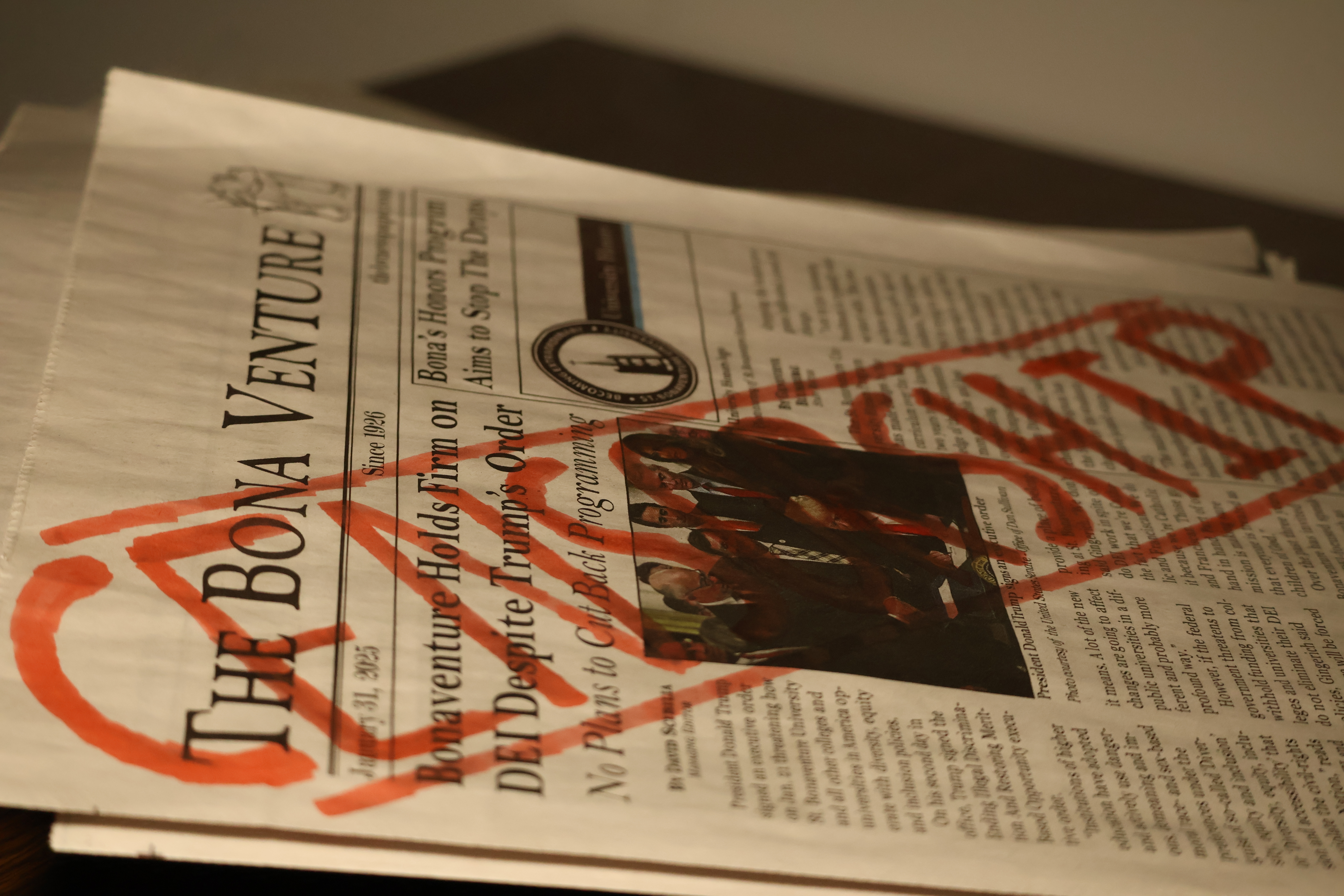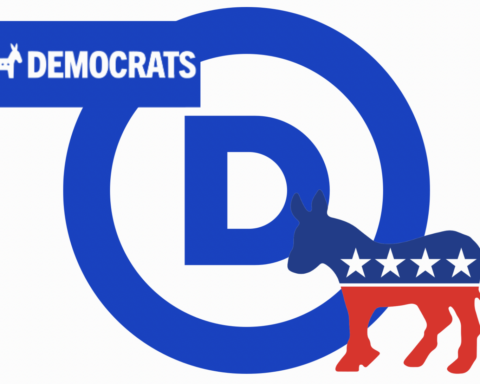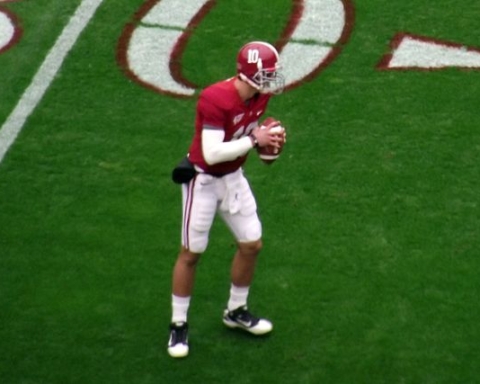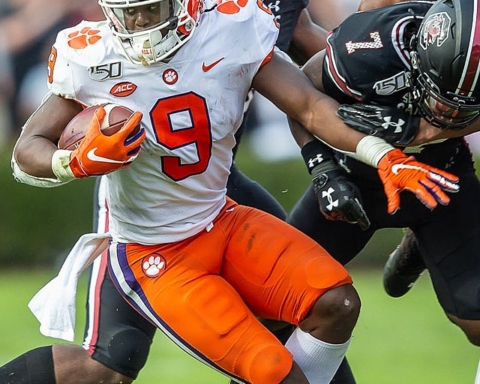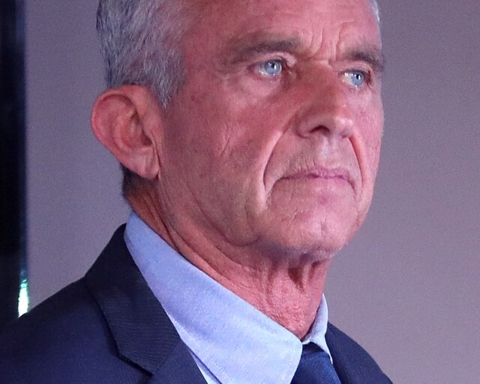By Emily Carson
Copy Editor
“Don’t make people pay for music,” says singer/songwriter Amanda Palmer. “Let them.”
Palmer proved this to be possible by placing her music plans on Kickstarter, a website created to help people host and fund their creative projects. Based on the success of her projects and others, everyone should take advantage of what this website offers.
While on tour earlier in her career, Palmer would often use Twitter to ask fans for anything she needed (housing, food, clothes, etc.) in exchange for hugs, merchandise, music or beer.
After signing with a major label, Palmer disagreed with its plans for her music. She left the label, choosing to instead use the same approach she used on other social media websites and ask for donations from fans so she could continue to make music.
Her goal? $100,000. At the end, she found herself with nearly $1.2 million in donations to fund her next musical project through Kickstarter.
Palmer opened up last month during a TED talk called “The Art of Asking,” saying, “A lot of people are confused by the idea of no hard sticker price (on my music). They see it as an unpredictable risk, but … I see it as trust.”
The idea of trust has turned into now common terms called “crowd sourcing” and “crowd funding.” Through crowd sourcing, fans or supporters can help shape another’s passion. Crowd funding, much like passing around a collection plate in church, allows people to buy into another’s passion.
Communication is effortless these days. Within minutes you can be in contact with a group of friends, peers, supporters, fans, etc. Why not take advantage of that by simply asking them to financially, physically and emotionally support your project?
Musicians are not the only ones benefiting from this, either.
For example, ArduSat is a tiny satellite that weighs no more than 1 kilogram, but is important when considering the future of space research. Its developers put the idea on Kickstarter and asked for $35,000. By the end, supporters had pledged $106,330.
Another example involved Double Fine Adventure, the first multi-million dollar video game campaign. The game reached its $400,000 goal on Kickstarter in less than 24 hours, and ended with $3,336,371 in pledges.
Developers of an iPhone-friendly wristwatch posted their idea on Kickstarter, too. Their $100,000 goal reached $1 million in just over a day and $10,266,845 by the end of the campaign.
Not all projects have been as successful as these, but some people are willing to support another’s project financially. If anything crowd sourcing is a way for people to connect with their supporters and build trust, and social media is making it all possible.
Ask instead of tell. You might find people respond better that way.


